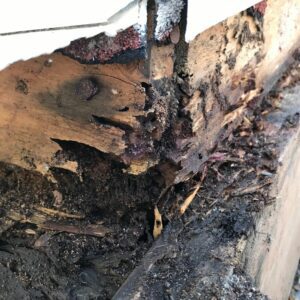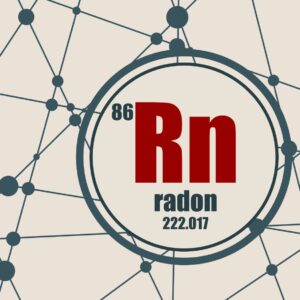Our Services
Our inspections are performed with great care and attention to detail.

Residential Home Inspections
Our thorough inspections provide a detailed assessment of your home’s condition, covering everything from foundation to roof. With comprehensive reports, you can make informed decisions about your property.

Multi-Family Home Inspections
A multi-unit home inspection is an essential process that should not be overlooked by potential buyers or sellers. It involves an in-depth examination of the interiors and exteriors of all units within a property.

Termite/WDO Inspections
Termites can go unnoticed until they cause catastrophic damage to your home. Whether you’re shopping for a home and suspect a termite issue, or you think your current home may be affected by termites, we can provide you with comprehensive testing.

Sewer Scope Inspections
We use a special camera to scope the sewer line to visualize any blockages that are interfering with the plumbing system’s proper drainage. Finding and addressing such problems now can head off catastrophic and expensive repairs later.

Radon Testing
Our radon testing provides a precise evaluation of your home’s radon levels, ensuring you have the information needed to protect your health. With accurate results and clear reports, you can make informed decisions about mitigation if necessary.

Commercial Inspections
Our commercial inspections deliver a comprehensive assessment of your property’s condition, from structure to systems. With detailed reports, you gain the insights needed to make informed decisions about maintenance, investments, and safety.
Frequently Asked Questions
Buying or selling a home can be a stressful experience, but we’re here to ensure you know what to expect during your home inspection.
A home inspection includes checking for any structural issues such as foundation cracks, roof leaks, plumbing issues, electrical wiring, heating/cooling systems, insulation, windows, doors, chimneys, etc. Depending on how big the property is, a home inspection typically takes 2-3 hours.
Ensure all inspection points are free from clutter, including any closets that might lead to a crawlspace or attic, and clearing some space around your home’s perimeter. It’s also important to check the functionality of all built-in appliances, electric, and gas. If you don’t plan to attend the inspection, make sure your inspector has access to the home, and all pets are properly contained or moved.
A home doesn’t pass or fail an inspection. Instead, a home inspection is a thorough audit of your home’s components. In most cases, there will be concerns marked on your home inspection report, but these are strictly informative.
While you can legally skip a home inspection in many cases, doing so could mean you may end up buying a home that has major issues that need to be fixed.
While a home inspector may recommend some minor repairs, they are not qualified to make major repairs. He or she can provide information about what needs to be repaired — and it might be helpful to know that information — but the decision to actually do the work lies solely with the homeowner. Not only does this give you the freedom to choose your contractors, but it also helps prevent a conflict of interest.
A home inspection can affect appraisals for two reasons: 1) The inspector may find something wrong with the property that would lower the value of the home, 2) The inspector may find things that need repair which could increase the value of the home. If the inspection finds issues that require repairs, then the seller has to decide whether they want to fix them themselves, or hire someone else to do it. If the buyer wants to purchase the home, he/she must be willing to pay for those repairs.

